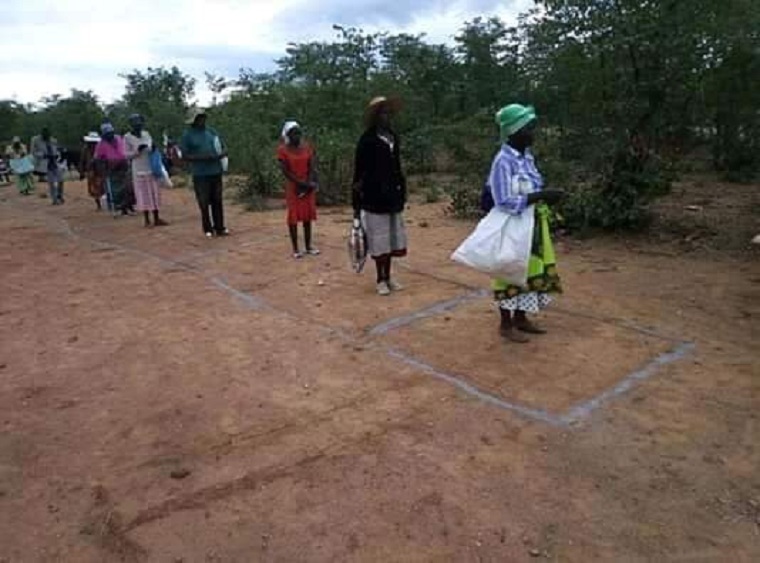The first to feel the brunt of stay-at-home restrictions will be informal business owners and daily wage workers in the urban centers of Africa.
Self-employing and family-owned small enterprises in sectors such as retail trade, sewing, handiwork manufacturing, and taxi/motorcycle ride services, make up more than two-thirds of urban employment in Africa.
Tens of millions of Africans and their dependents rely on income from these businesses and will be unlikely to endure a lockdown for more than a few days.
Without robust government support, microentrepreneurs are unlikely to abide by the stay-at-home measures, creating risk for themselves and their communities.
In addition, since microenterprises use cash for businesses exchanges and deal with several customers daily, their return to business will undercut ongoing efforts to contain COVID-19.
In some cases, violations of these stay-at-home orders—caused by hunger and desperation—might lead to confrontations with the police, as happened in Lagos recently.
While microentrepreneurs are known for their resilience, they are also highly vulnerable to the economic shocks induced by COVID-19. Because they are so often unregistered and unorganized, they are unlikely to get immediate government support in the form of financial compensation or tax benefits.
Even in normal times, these businesses fly under the radar of government programs for policy support, which puts them at a disadvantage relative to medium-sized or large businesses.
African countries also have a history of cracking down on informal businesses during times of crisis. At the same time, most microentrepreneurs come from disadvantaged social segments, including women and ethnic and religious minorities.
Their powerlessness and fragmentation perhaps explain why they have received so little attention in the current debate on the economic costs of COVID-19.
By Addisu Lashitew for Brookings Brief
(159 VIEWS)

